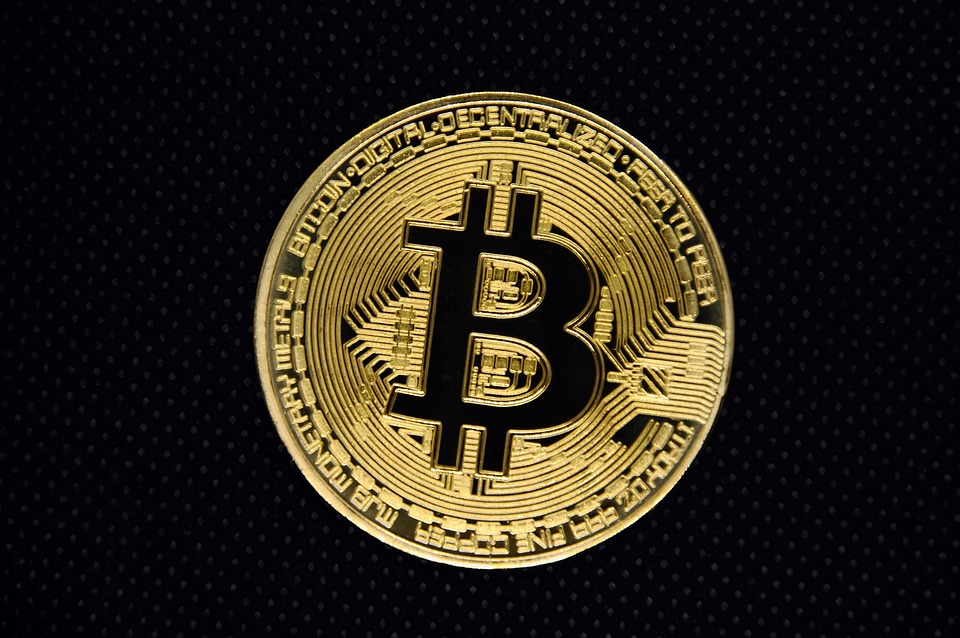In recent years, the financial landscape has seen a significant transformation, with digital assets, particularly cryptocurrencies like Bitcoin, emerging as a new investment class. Often referred to as "digital gold," Bitcoin and other cryptocurrencies have captured the attention of investors looking for alternatives to traditional assets. This comprehensive guide will explore what digital gold is, its advantages and risks, and the essential steps to start investing in cryptocurrency assets.
What is Digital Gold?
The term "digital gold" is primarily associated with Bitcoin, the first and most well-known cryptocurrency. Bitcoin was created in 2009 by an anonymous entity known as Satoshi Nakamoto and was designed to function as a decentralized digital currency. Unlike traditional currencies issued by governments, Bitcoin operates on a technology called blockchain, which is a distributed ledger that records all transactions securely and transparently.
Bitcoin is often compared to gold for several reasons:
-
Finite Supply: Just as gold is a scarce resource, Bitcoin has a capped supply of 21 million coins. This built-in scarcity is supposed to help preserve value over time.
-
Hedge Against Inflation: Many investors view Bitcoin as a hedge against inflation, similar to how gold has historically functioned. As central banks inject more capital into economies, the risk of currency devaluation looms larger, making non-fiat assets appealing.
- Store of Value: Gold has long been regarded as a safe-haven asset during economic uncertainty. Bitcoin is increasingly seen in this light, especially during periods of market turbulence.
Advantages of Investing in Digital Gold
Investing in cryptocurrency assets like Bitcoin offers numerous advantages:
-
Accessibility: Cryptocurrencies can be bought and sold globally at any time, making them highly accessible compared to traditional investment vehicles.
-
Portfolio Diversification: Including digital assets in your investment portfolio can diversify risk and provide exposure to a growing market with different performance dynamics than traditional assets.
-
Potential for High Returns: The cryptocurrency market has demonstrated extraordinary growth potential, with Bitcoin’s price having skyrocketed from a few cents to tens of thousands of dollars in a relatively short time.
-
Decentralization: Bitcoin operates outside traditional financial systems, reducing reliance on banks and potentially offering more control over one’s assets.
- Innovation and Future Growth: The underlying blockchain technology and the broader cryptocurrency ecosystem continue to evolve, opening new avenues for investments and innovations.
Risks of Investing in Digital Gold
Despite its advantages, investing in digital gold carries significant risks that investors should consider:
-
Volatility: Cryptocurrencies are notoriously volatile. Bitcoin, for example, has experienced significant price swings, and investors should be prepared for 30%+ fluctuations in a matter of days.
-
Regulatory Risks: The regulatory landscape for cryptocurrencies remains uncertain in many jurisdictions. Regulatory crackdowns or changes can impact market sentiment and asset values.
-
Security Concerns: While blockchain technology is generally secure, exchanges and wallets can be vulnerable to hacking. Investors must prioritize security and take steps to protect their digital assets.
-
Lack of Understanding: The technology behind cryptocurrencies can be complex, and investors unfamiliar with the market may make uninformed decisions.
- Market Manipulation: The cryptocurrency market is still relatively young and can be susceptible to manipulation and pump-and-dump schemes.
Steps to Start Investing in Cryptocurrency Assets
If you’re interested in investing in digital gold, here are some essential steps to get started:
1. Educate Yourself
Before making any investment, it’s crucial to understand the basics of cryptocurrencies, blockchain technology, and the specific digital assets you are interested in. Numerous online resources, forums, and educational platforms offer valuable information.
2. Choose a Reliable Exchange
Select a reputable cryptocurrency exchange to buy and sell your digital assets. Look for platforms with strong security features, user-friendly interfaces, and a variety of cryptocurrencies for trading. Some popular exchanges include Coinbase, Binance, Kraken, and Bitstamp.
3. Create a Wallet
After purchasing cryptocurrencies, store them securely in a digital wallet. There are different types of wallets, including hardware wallets (offline storage) and software wallets (online storage). Hardware wallets provide enhanced security for long-term storage.
4. Start Small
Begin by investing a modest amount. The cryptocurrency market can be unpredictable, so starting small allows you to learn without risking significant capital.
5. Diversify Your Holdings
Consider diversifying your investments across multiple cryptocurrencies rather than putting all your funds into Bitcoin. This strategy can help mitigate risks and capture potential growth in various digital assets.
6. Stay Updated
Keep up to date with the latest news, market trends, and regulatory developments in the cryptocurrency space. This will help you make informed investment decisions and adjust your strategy as needed.
7. Set Goals and Have an Exit Strategy
Define your investment goals, whether for short-term profits or long-term wealth preservation. Having a clear exit strategy can help you stick to your plan and avoid emotional decision-making during market fluctuations.
Conclusion
Investing in digital gold, particularly in the form of cryptocurrencies like Bitcoin, presents exciting opportunities but also considerable risks. Understanding the unique dynamics of this asset class, educating yourself, and following a disciplined investment approach can empower you to navigate this rapidly evolving market. As with any investment, carefully weigh the advantages against the potential downsides, and invest wisely. With proper research, risk management, and a long-term perspective, digital gold can potentially play a valuable role in your investment portfolio.

